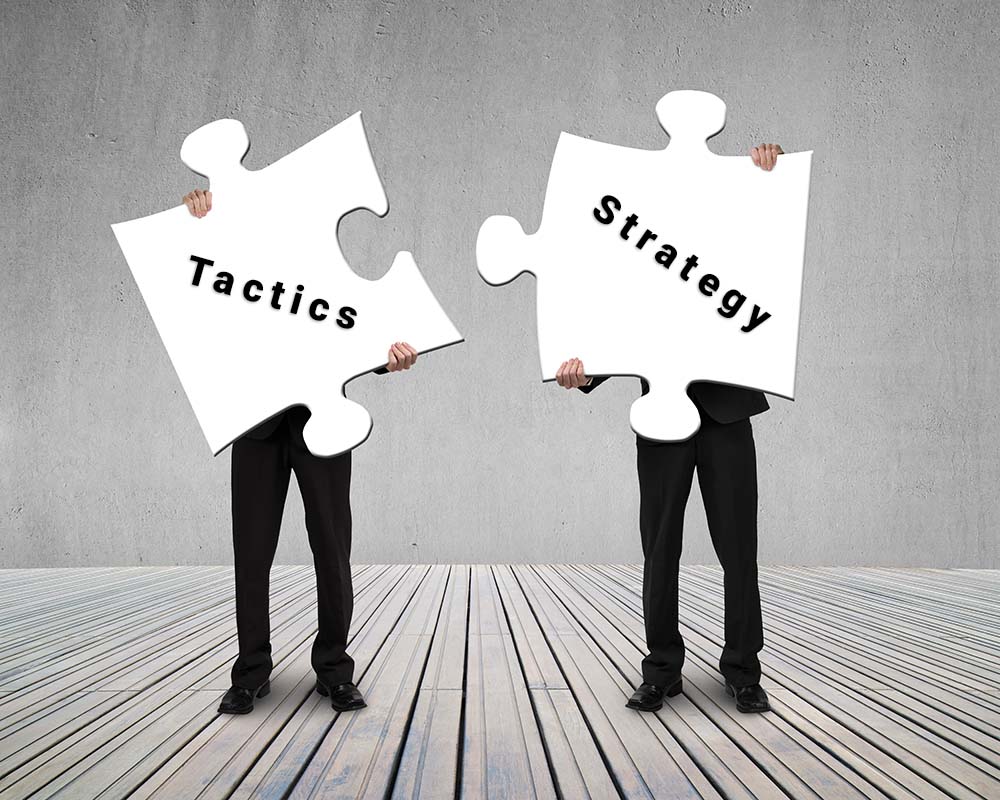
Innovative Solutions Combating Carbon Emissions
New Industries’ Solutions for Moving to a Zero Carbon Footprint Is zero carbon possible? The bright ideas coming from creative innovators prove we are developing and harnessing new technologies to

New Industries’ Solutions for Moving to a Zero Carbon Footprint Is zero carbon possible? The bright ideas coming from creative innovators prove we are developing and harnessing new technologies to

When velocity is constant – acceleration equals zero Acceleration is one of those terms that is often taken for granted in today’s business environment. As a gentle reminder, the definition of

Technology and trends tend to move and change at alarming rates. No industry is impervious to evolution. The only way to stay relevant is to make sure you are looking

Understanding your company’s “technical right-to-succeed” is critical to the success of your business: it’s what sets you apart from your competition. It allows you to provide the best products and

A critical aspect of any innovation management program is thoroughly understanding your own technology portfolio and how it fits within the technology ecosystem of both known competitors and potential collaborators

It’s times of stress that really test the strength or weakness of an organization. During stressful times, leaders learn what the people in their organizations are made of – but

Dr. Robert Blizek, a former senior technologist with NAVAIR, shares the lessons learned that drove his decision to use Ezassi’s Knowledge Scouting application. The Challenge Growth of World Population and

A new study from the labs of Durham University’s Dr. Andrew Smallbone lays out a pathway to making plastic bottles from organic waste material and CO2 captured from power plants. A thorough analysis

Before any Innovation process begins, you need a strategy that breaks down activities while focusing on delivering incremental, adjacent and transformational successes. Here are some examples.

If your organization is focused on adjacent, incremental or breakthrough technologies you will need a strong scouting team to get the work done. It all begins with budget planning and